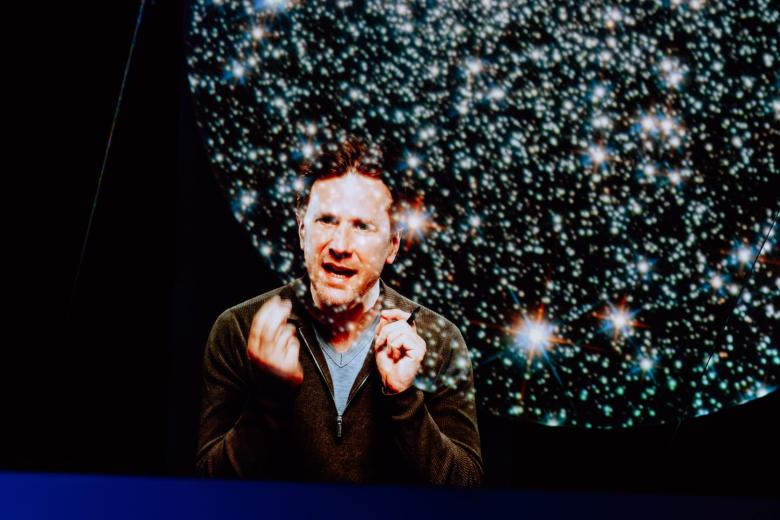FASoS alumna Lea Beiermann shortlisted for Thesis Award
Lea Beiermann is one of the three remaining candidates for the 2019 Gewina-Descartes-Huygens Thesis Award. This prize is given triannually to the best MA thesis in the History of Science and Universities written in the Netherlands and Belgium. A four-member jury made the selection out of 18 submissions. The award will be handed to the winner on 21 June at the Gewina Woudschoten Conference.
In the mid-nineteenth century, numerous microscopy societies and journals were launched, catering to a diverse community of amateur and professional scientists, physicians, and engineers. In her thesis, Beiermann studies the formation of a microscopy community in the pages of London’s periodical press and shows that subgroups within the community aligned with various epistemic systems – ways of knowing and making – that either lost or gained importance. Science professionalisation is thus conceptualised as a change in prominent epistemic programs. As present-day citizen science projects again destabilise categories of amateurism and professionalism, this thesis allows us to contrast current developments with earlier configurations of the amateur/professional dichotomy.
Beiermann wrote her thesis, entitled: ‘Microscopical Science”: Building an Instrumental Community in London’s Periodical Press, 1860-1880’ to complete the Cultures of Arts, Science and Technology programme (RMSc) at Maastricht University. She graduated in Juni 2017.
Also read
-
In Kerkrade, you can listen to the invisible universe
UM and Discovery Museum in Kerkrade make the Einstein Telescope understandable for everyone.

-
As a teacher, how confident are you in your digital skills? Discover your capabilities in just 25 minutes
Maastricht University invites all teaching staff to take part in the Jisc Discovery Tool pilot to explore your digital strengths.

-
More than a student job: five alumni about their unique role in groundbreaking vascular research
What is it like to take part in cutting-edge vascular research as a student, standing in the operating room, directly responsible for handling patient material? Five alumni of the Maastricht MAPEX student team share what they learned, the challenges they faced, and how this experience shaped their...
